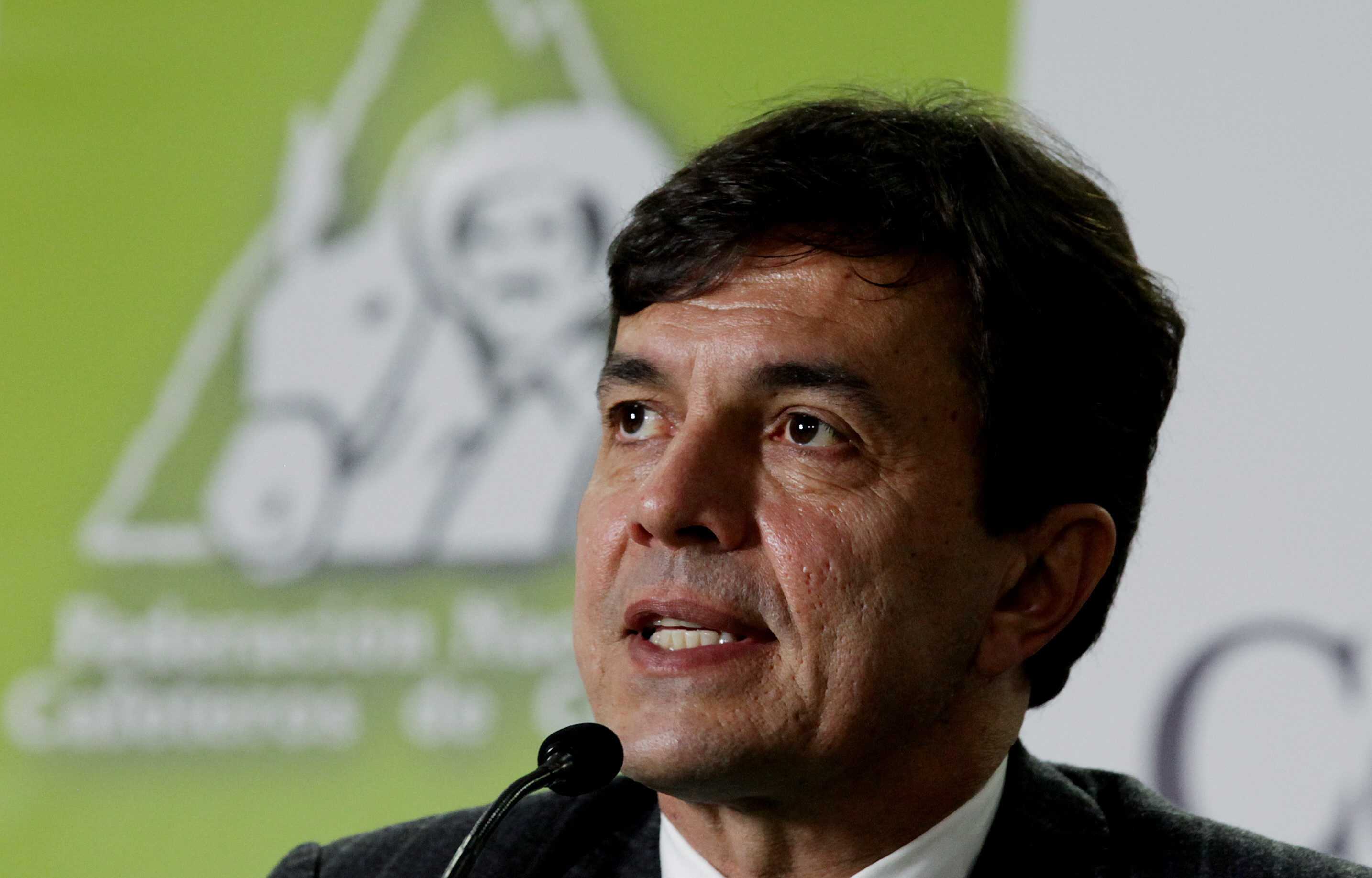CAMPINAS, Brazil – At the Second World Coffee Producers Forum, attended by representatives of the industry from the five continents, the Colombian Coffee Growers Federation (FNC) CEO, Roberto Vélez, reiterated his call for remunerative prices for coffee growers.
The coffee leader brought to this important forum the proposal that he has been leading in different spaces for the benefit of producers in Colombia and the world, in the sense that the economic dimension of sustainability must be as important as the social and environmental ones, but it has been left behind.
“It does not seem ethical or moral that an industry that is making money pays producers below the cost of production. (…) We still need the industry to understand that this is what coffee producers want,” he said.
The executive reminded that producers are the weakest link in the chain, but the most necessary to sustain it in the future. “We want this chain to present itself to the world as the great model of sustainability, and we want sustainability to guide the economy towards the future and not ‘the market is the market.’ We are not talking about pencils or chairs, but about human beings,” he stressed.
Vélez proposed creating a chain of custody of the price paid for coffee so that a decent proportion effectively reaches producers and does not remain in the chain.
He suggested that the industry pay at least USD 2/lb of coffee to producers, who would certify, maybe through a seal, to the industry and consumers that they effectively receive a remunerative price, which allows them to cover their costs of efficient production and get a return.
“A seal that we, producing countries, would give to the industry that is committed and willing to pay those USD 2 and give producers the possibility of having a decent life, of being able to continue the business and pass it on to the next generation,” he said.
Lastly, the FNC CEO proposed that producing countries capture more value from the chain through the creation, for example, of a coffee seal “roasted at origin” issued by those who process coffee before exporting it.


















